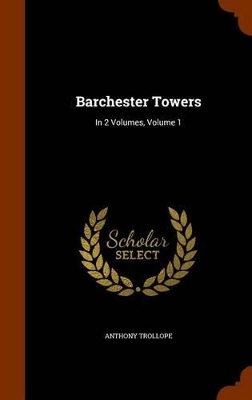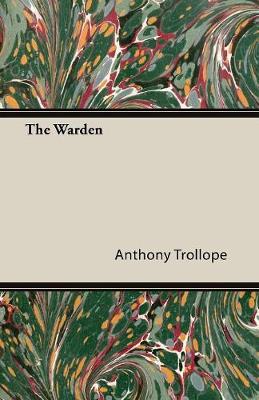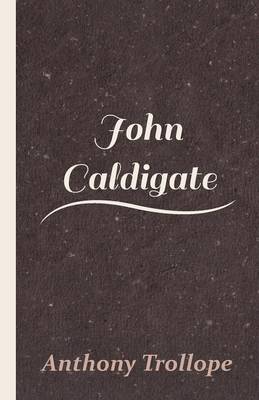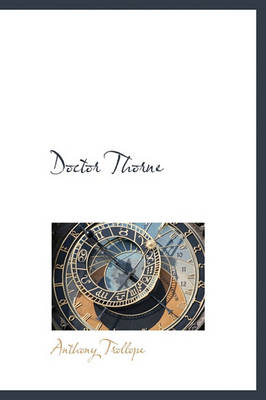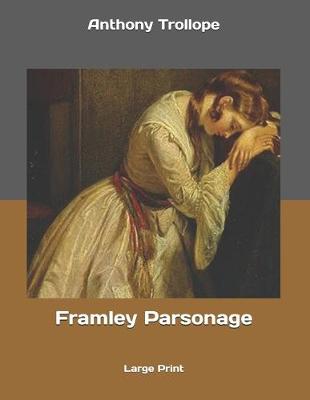Zodiac
7 total works
After the death of old Dr Grantly, a bitter struggle begins over who will succeed him as Bishop of Barchester. And when the decision is finally made to appoint the evangelical Dr Proudie, rather than the son of the old bishop, Archdeacon Grantly, resentment and suspicion threaten to cause deep divisions within the diocese. Trollope’s masterly depiction of the plotting and back-stabbing that ensues lies at the heart of one of the most vivid and comic of his Barsetshire novels, peopled by such very different figures as the saintly Warden of Hiram’s Hospital, Septimus Harding, the ineffectual but well-meaning new bishop and his terrifying wife, and the oily chaplain Mr Slope who has designs both on Mr Harding’s daughter and the fascinating would-be femme fatale Signora Vesey-Neroni.
This is the second volume of Trollope’s Chronicles of Barsetshire. In his introduction, Robin Gilmour examines the novel’s political and social background and Trollope’s concern with changes occurring in society. This edition also includes a preface by J. K. Galbraith.
For more than seventy years, Penguin has been the leading publisher of classic literature in the English-speaking world. With more than 1,700 titles, Penguin Classics represents a global bookshelf of the best works throughout history and across genres and disciplines. Readers trust the series to provide authoritative texts enhanced by introductions and notes by distinguished scholars and contemporary authors, as well as up-to-date translations by award-winning translators.
For more than seventy years, Penguin has been the leading publisher of classic literature in the English-speaking world. With more than 1,700 titles, Penguin Classics represents a global bookshelf of the best works throughout history and across genres and disciplines. Readers trust the series to provide authoritative texts enhanced by introductions and notes by distinguished scholars and contemporary authors, as well as up-to-date translations by award-winning translators.
The Last Chronicle of Barset (1867) is the novel that Anthony Trollope considered his masterpiece.
In the course of the last century and a half, Trollope’s county of Barset has become one of English literature’s most celebrated fictional landscapes. This sixth and final novel in the Barsetshire series revolves around the proud, hardworking, and impecunious Reverend Josiah Crawley, curate of the poor parish of Hogglestock, and his brush with disaster. Crawley stands accused of a theft, but, as he is uncertain himself as to the truth of the matter, he is unable to offer a defense and retreats into self-doubt and shame. The community is bitterly divided between those who wish to help him and those convinced of his guilt, the latter headed by Mrs. Proudie, the bishop’s forceful wife. Meanwhile, Crawley’s daughter Grace has captured the affection of Archdeacon Grantly’s son, Henry, but her father’s scandal stands in the way of their marriage. The solution to the mystery, the downfall of Mrs. Proudie, and the resolution of the fates of many other beloved characters, including Septimus Harding, Johnny Eames, and Lily Dale, bring the famous Barsetshire chronicles to a splendid conclusion. The Last Chronicle of Barset provides a brilliant example of Trollope’s ability to render a highly individual society with such detail and force that it comes to reflect every society, in any age.

